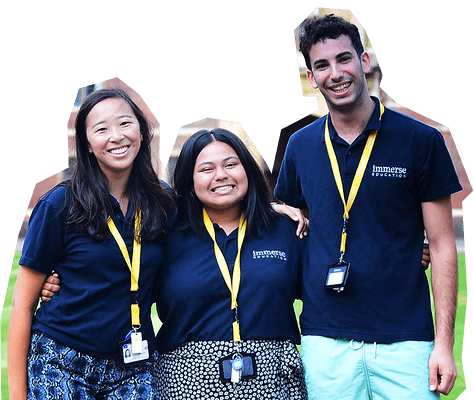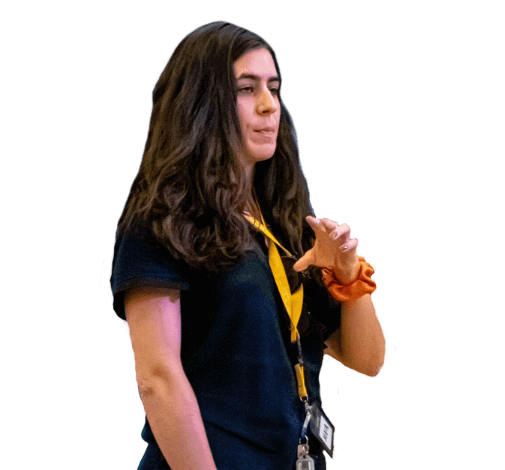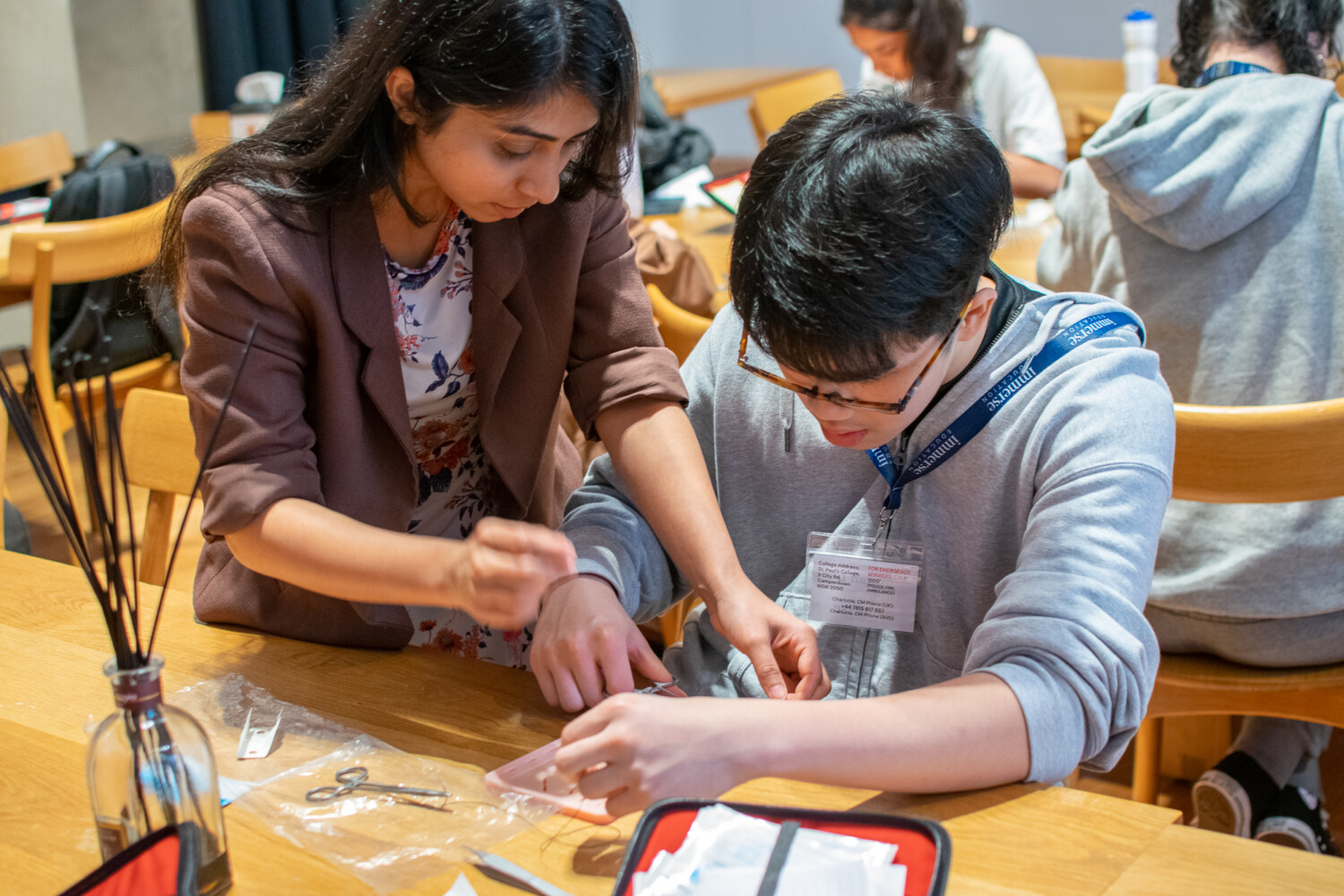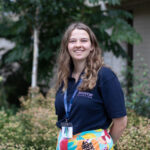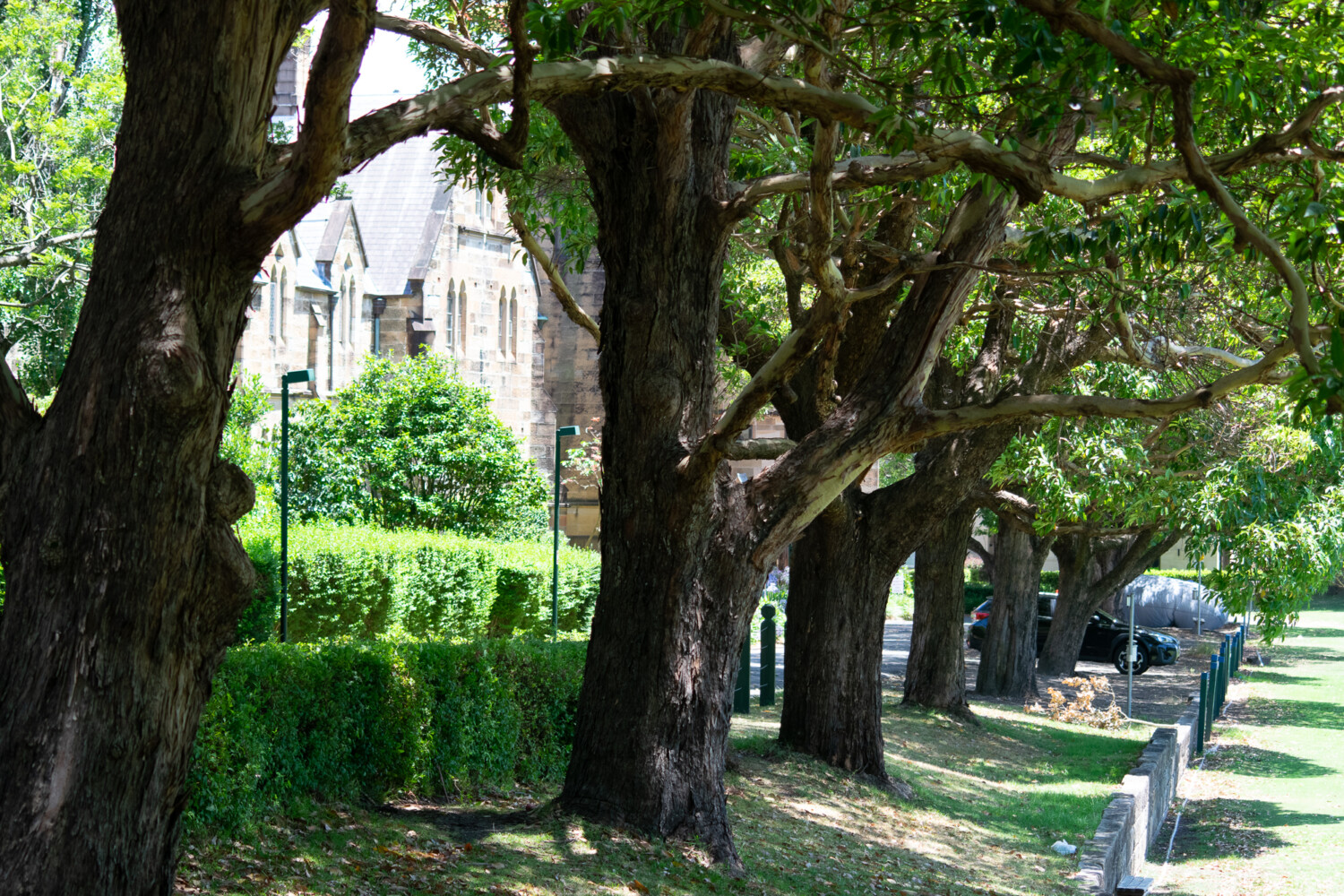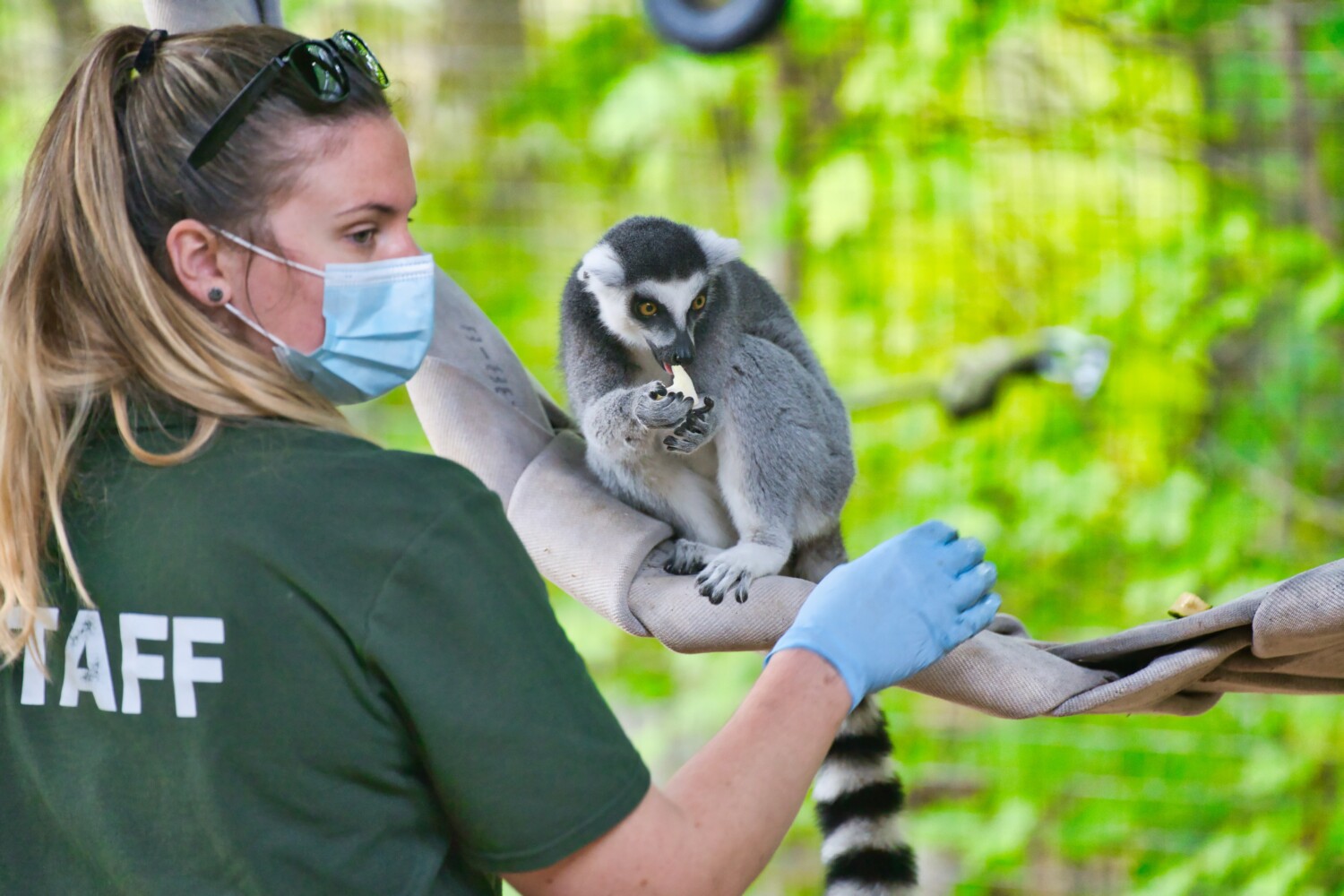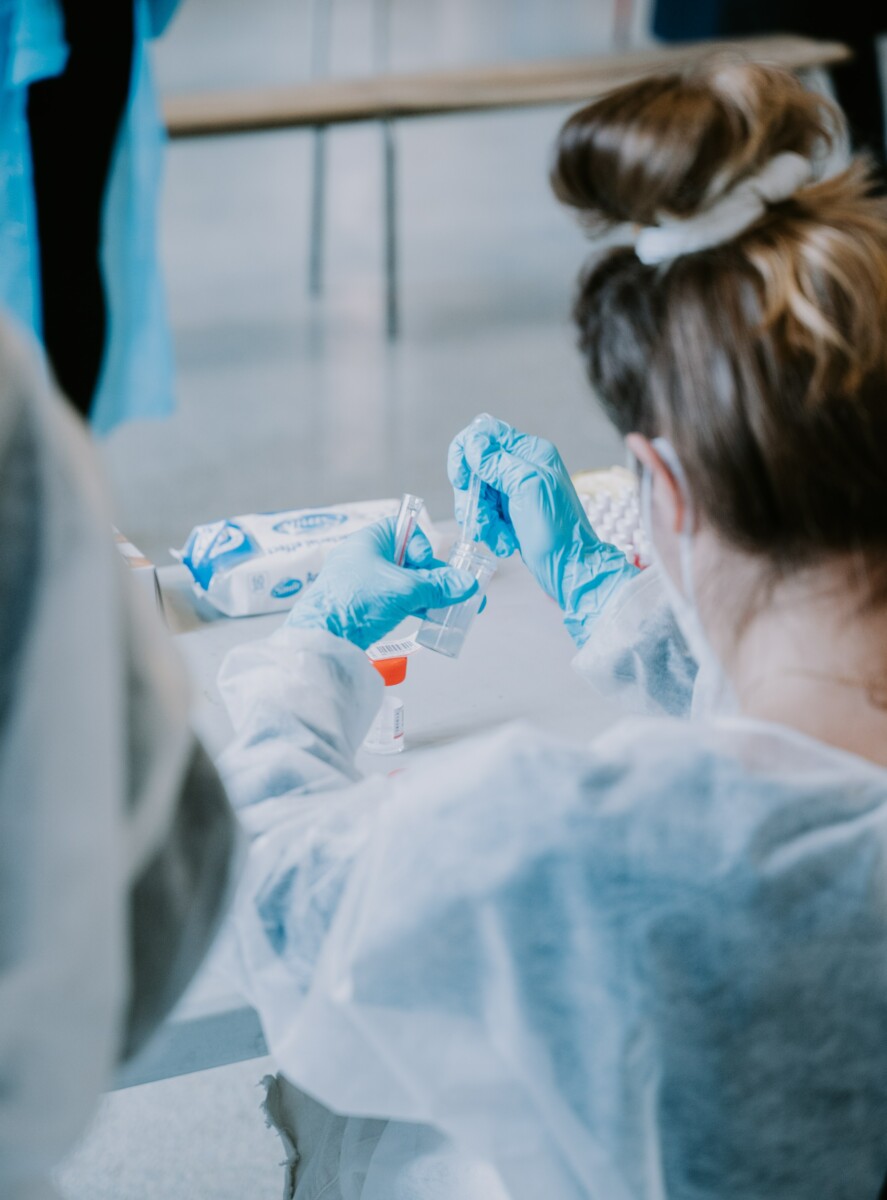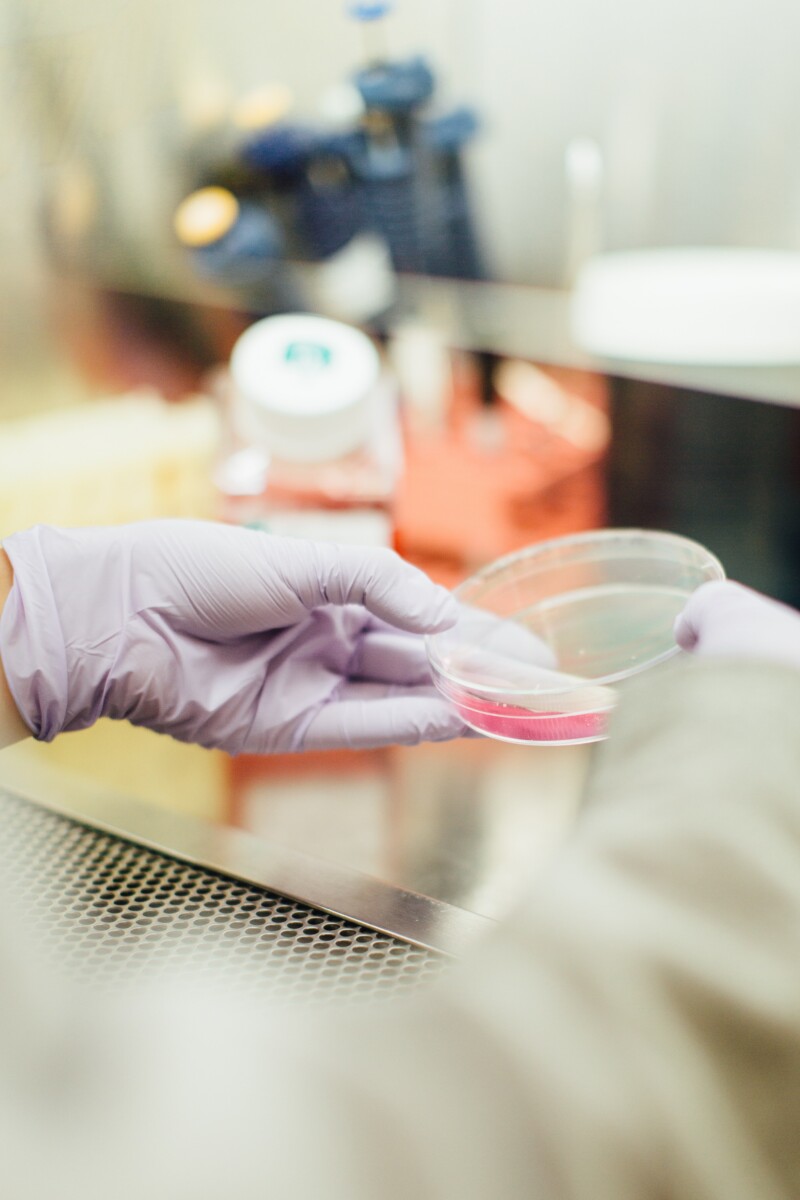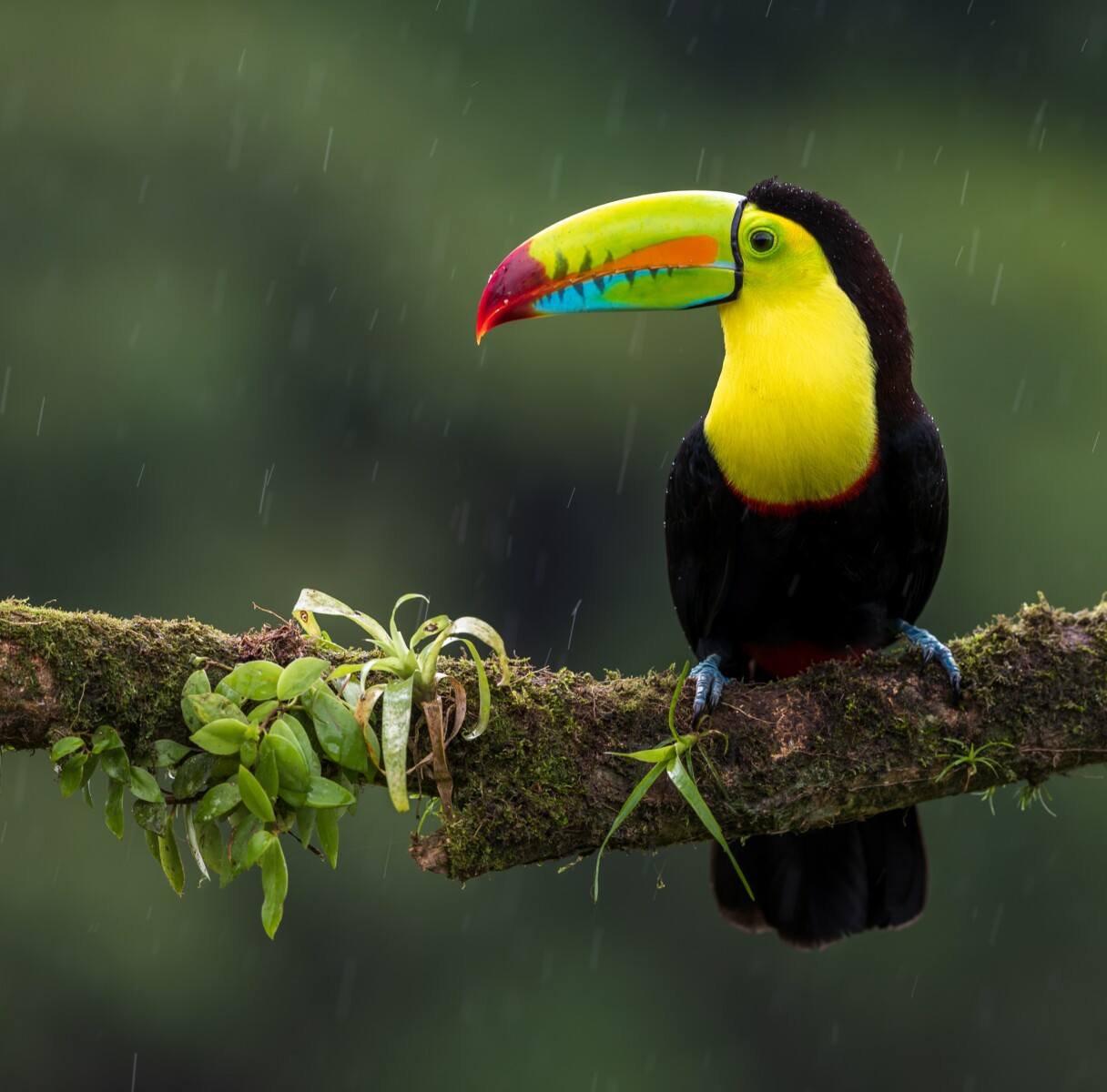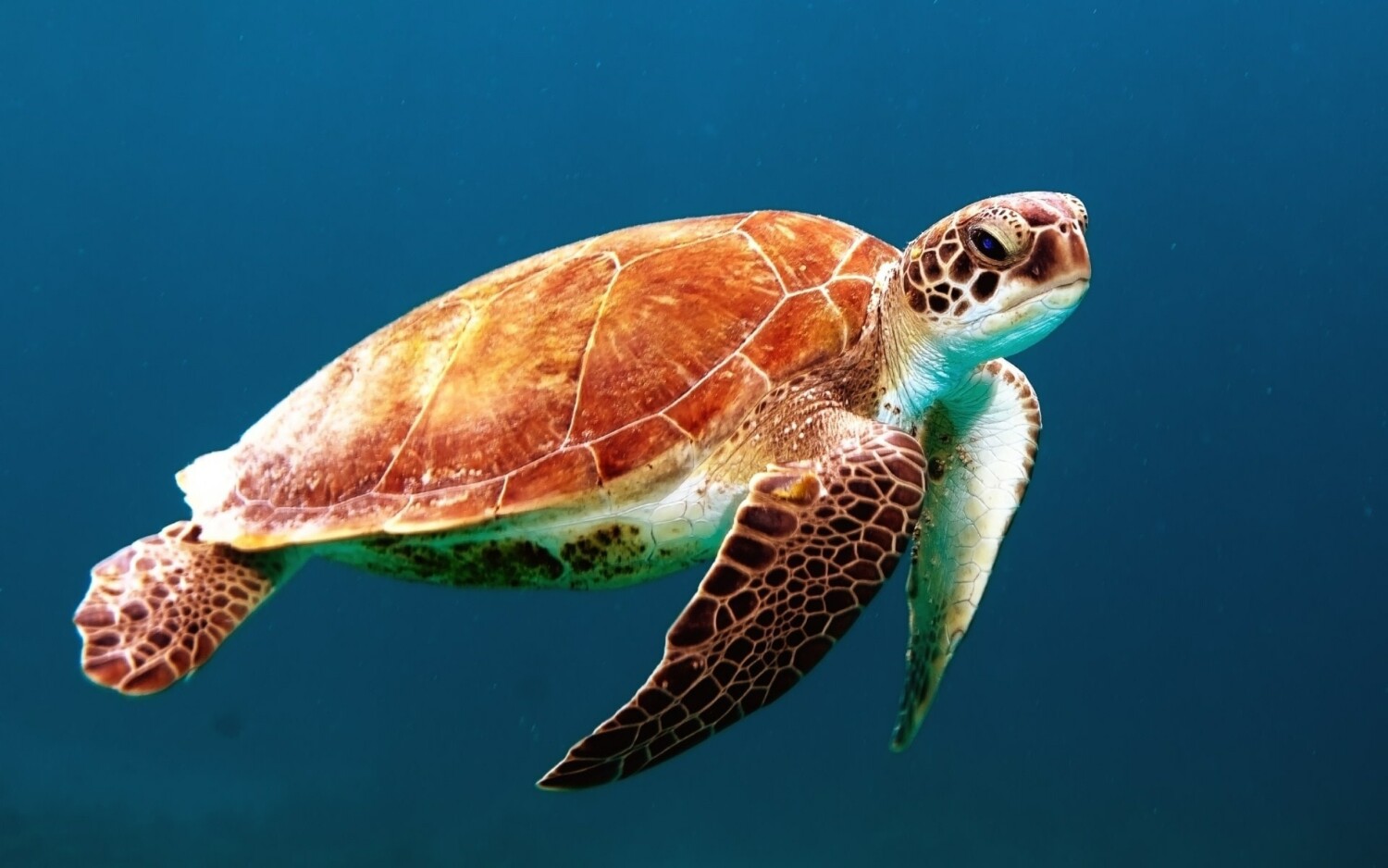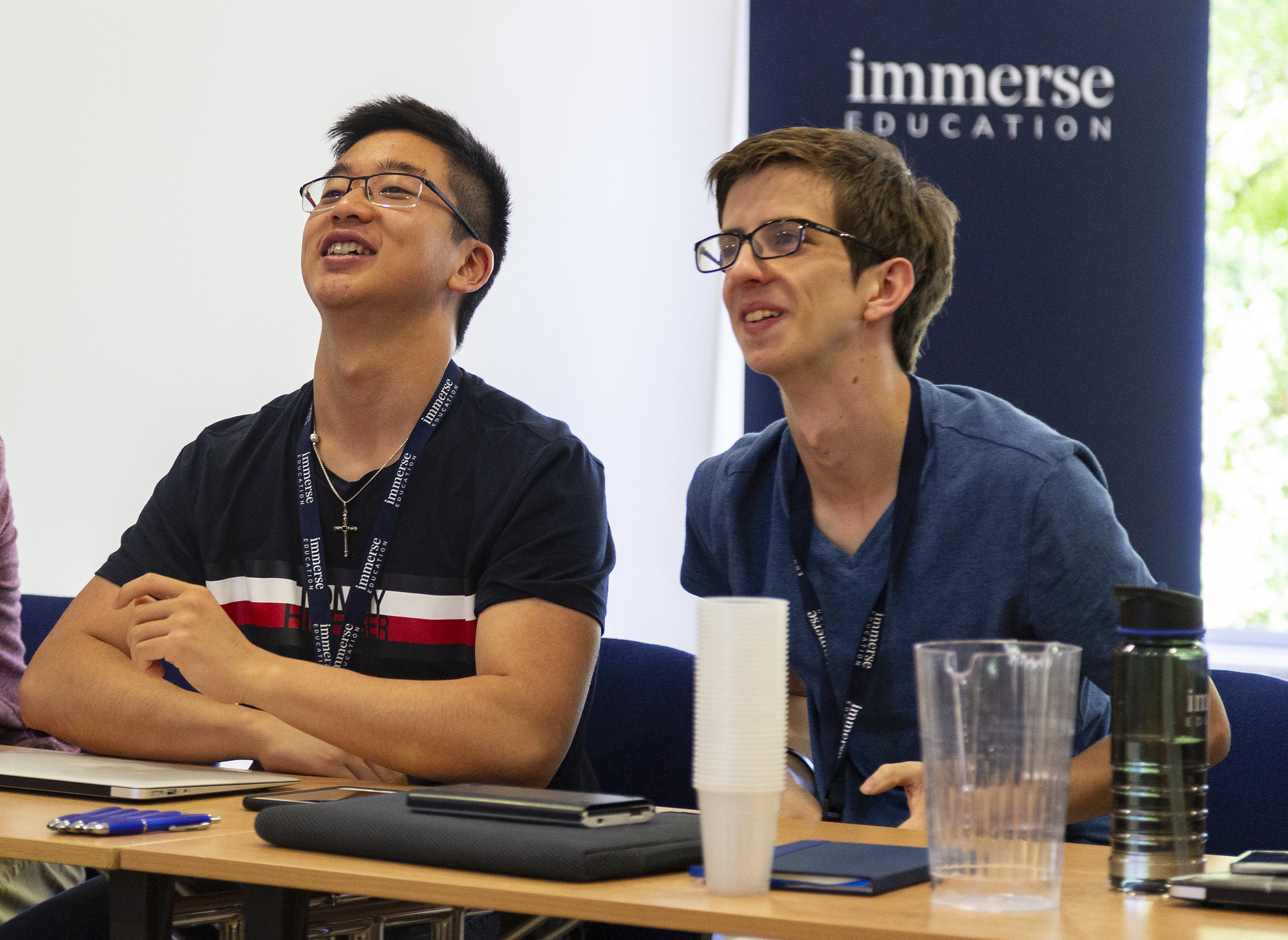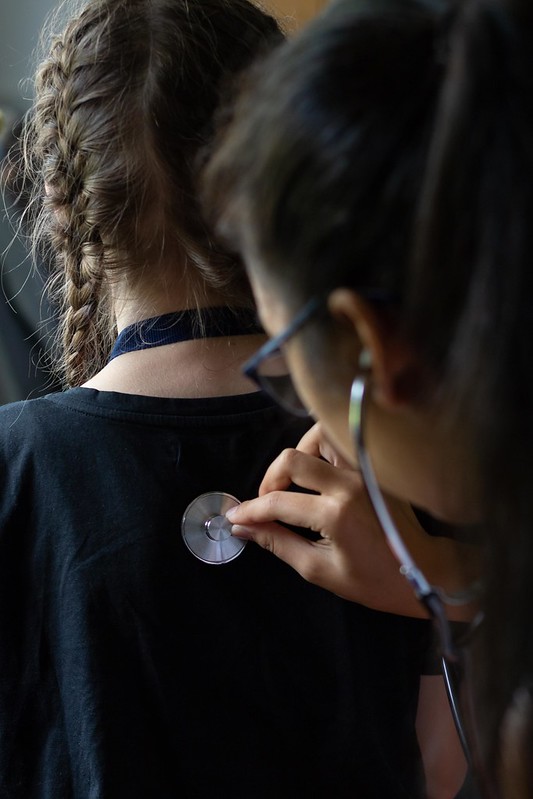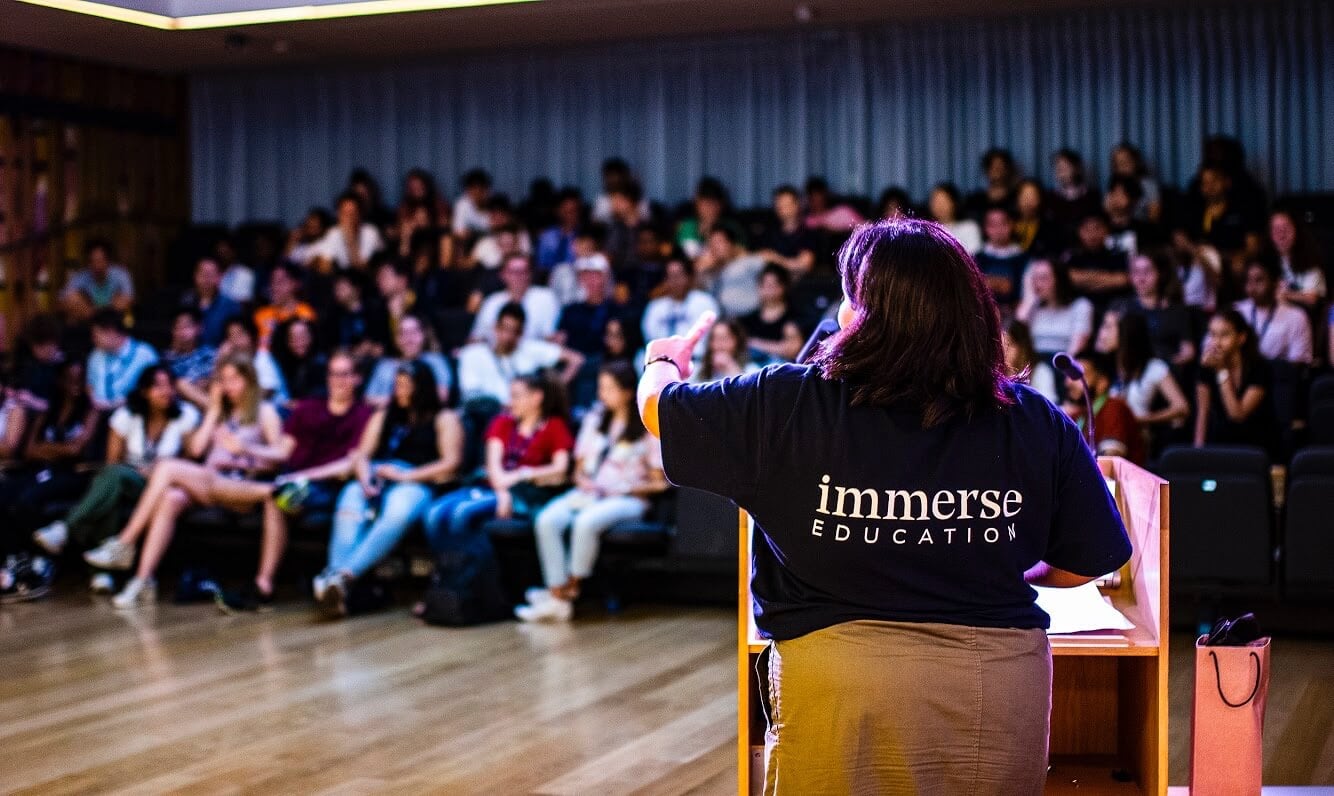Veterinary Studies


Advanced pre-university course in Veterinary Studies in University of Sydney
The Immerse Veterinary Science programme is designed to build upon your knowledge and understanding of the sciences, introduce you to veterinary studies at University-level and prepare you for a career in veterinary science.
Learn directly from expert academics from world-class universities
Academic Insights is taught by expert tutors from the Universites of Oxford and Cambridge who will travel to Sydney from the UK to lead the course, offering exceptional teaching quality on the other side of the world.
You will explore novel concepts and share ideas in small groups of like-minded and ambitious peers from around the world. In small class sizes averaging 7 students, you will be guided by expert tutors who have honed their expertise through teaching undergraduate students at world-class universities, including the universities of Cambridge and Oxford.
Our rigorous vetting process guarantees that all participants are taught by engaging and supportive educators who are, most of all, enthusiastic about sharing their expertise to ensure our summer school teaching is of the highest quality. Immerse™ is an unrivalled academic experience.
-
Average class size of 7
Maximum class size of 10 students -
1:1 tutorials
Supportive, challenging and engaging -
Academic workshops
Develop a practical understanding of your subject -
World-class tutors
Academics travel from Oxford and Cambridge
Boost your confidence and develop key attributes in academic skills workshops
Our workshops are geared towards unlocking participants’ potential, giving them the tools to prepare for the next steps of their education and future goals. Build upon existing study skills to support future university-level learning.
These workshops explore a diverse and enriching range of topics – past examples have ranged from ‘Productivity tips’ to ’21st Century Technology Skills’. We’re sure that you’ll learn something completely new. Unlike traditional schools, Immerse allows you to learn beyond the traditional curriculum.

-
Certificate & detailed participant evaluation
All participants receive an individual report from their tutor -
Personal project
Develop a personal project to present at the end of the course -
Live like a University of Sydney undergraduate
An authentic experience of university life -
Admissions insight
Interview skills, academic writing and presentations
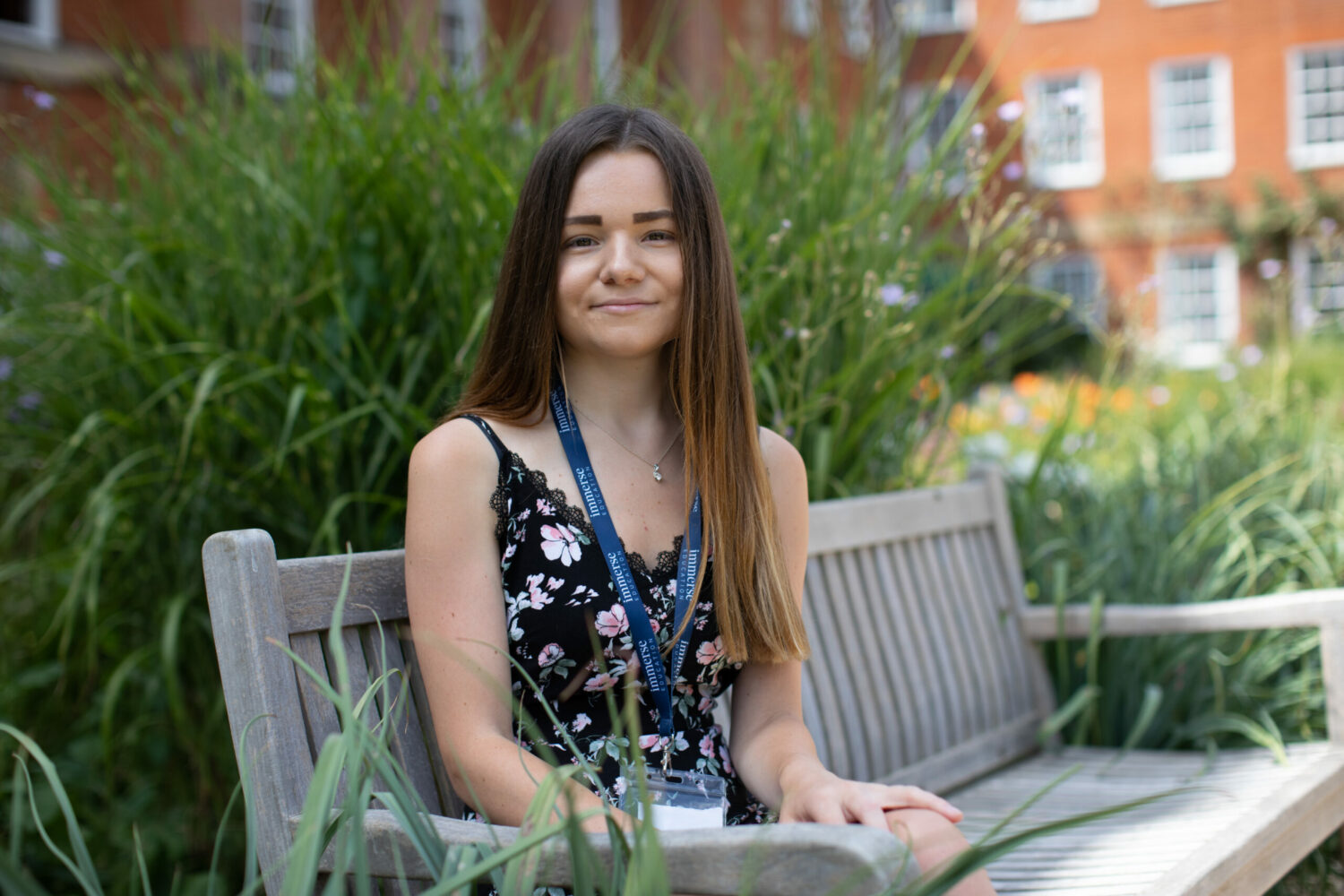
Example tutor:
Hannah C
Her doctoral project is entitled 'Hypertension Explored in Long-term Post-Partum Follow-Up in Later life' and aims to examine the longitudinal effects of hypertensive disorders of pregnancy of future risk of disease progression.
Guest speakers from previous summers
Abi Oyepitan
Dr Nigel Warburton
Dr Lynda Shaw
I would describe the Immerse Academic Insights programme as intellectually stimulating, diverse, inspiring, motivating. I’ve definitely enjoyed meeting new people from all around the world, it has been amazing. I’ve loved studying something that I’m so passionate about, and being around like minded people and learning with them has been an incredible experience.
We’ve done dissections and other practicals such as suturing and gone through a lot of content that I wouldn’t have learned at school. I feel like the Immerse course is really preparing me for higher education by giving me insight into what being a university student might be like.
I looked at the essay competition and it seemed like an incredible opportunity, so I applied for the essay competition, got a partial scholarship, and here I am!
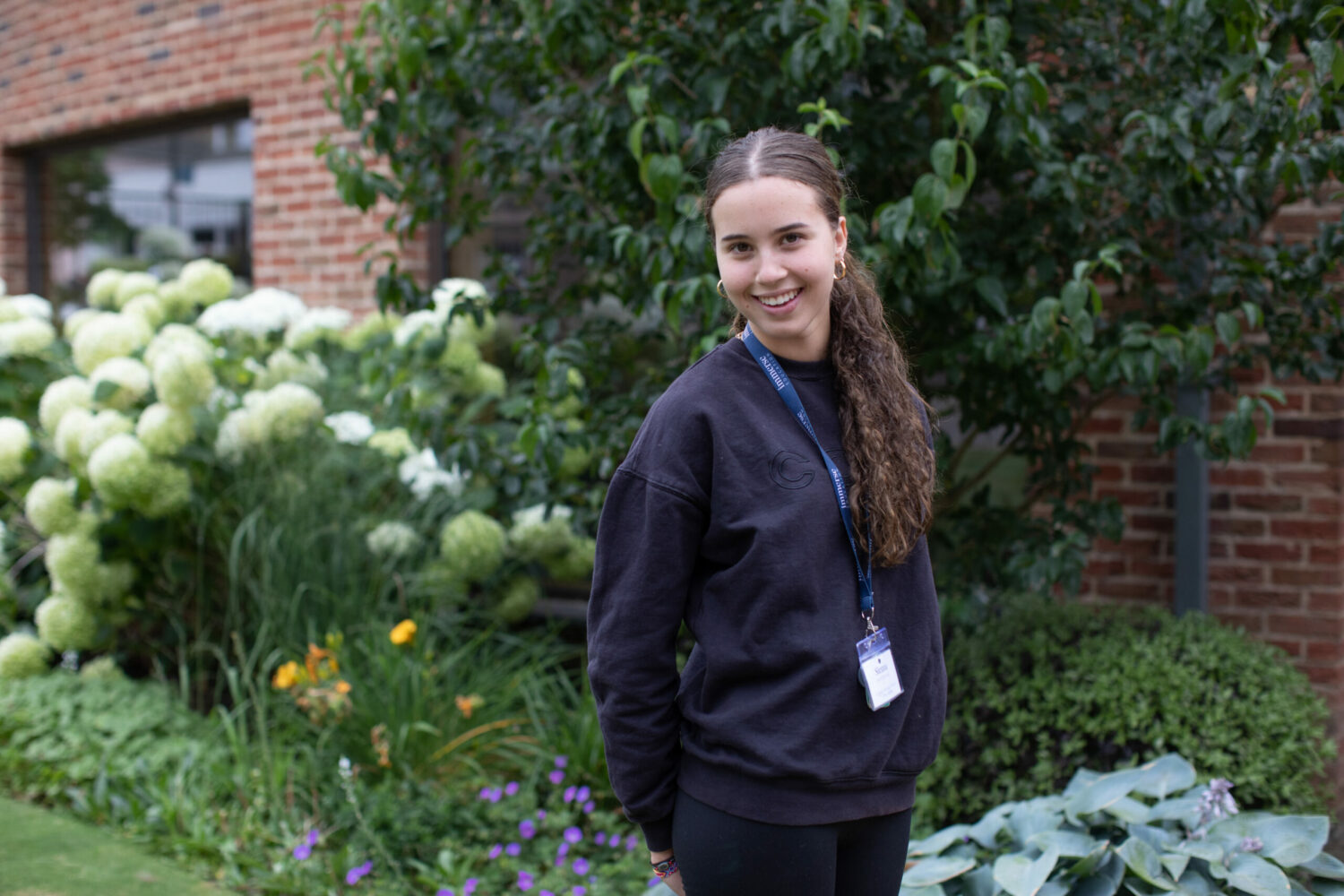
Explore Sydney with our Social and Cultural Programme
We are proud to offer an exceptional social programme which provides an exhilarating tour of Sydney. This includes activities like a cruise around Sydney Harbour, a sports tournament on Manly Beach and a murder mystery night in the college.
There is also a full day excursion during the programme to explore the iconic landmarks Sydney has to offer, including Sydney Opera House, the Australian Museum and the Royal Botanic Gardens.
Activities and excursions are run by our team of friendly mentors who are current University of Sydney students and city experts.
Live and study in
Sydney
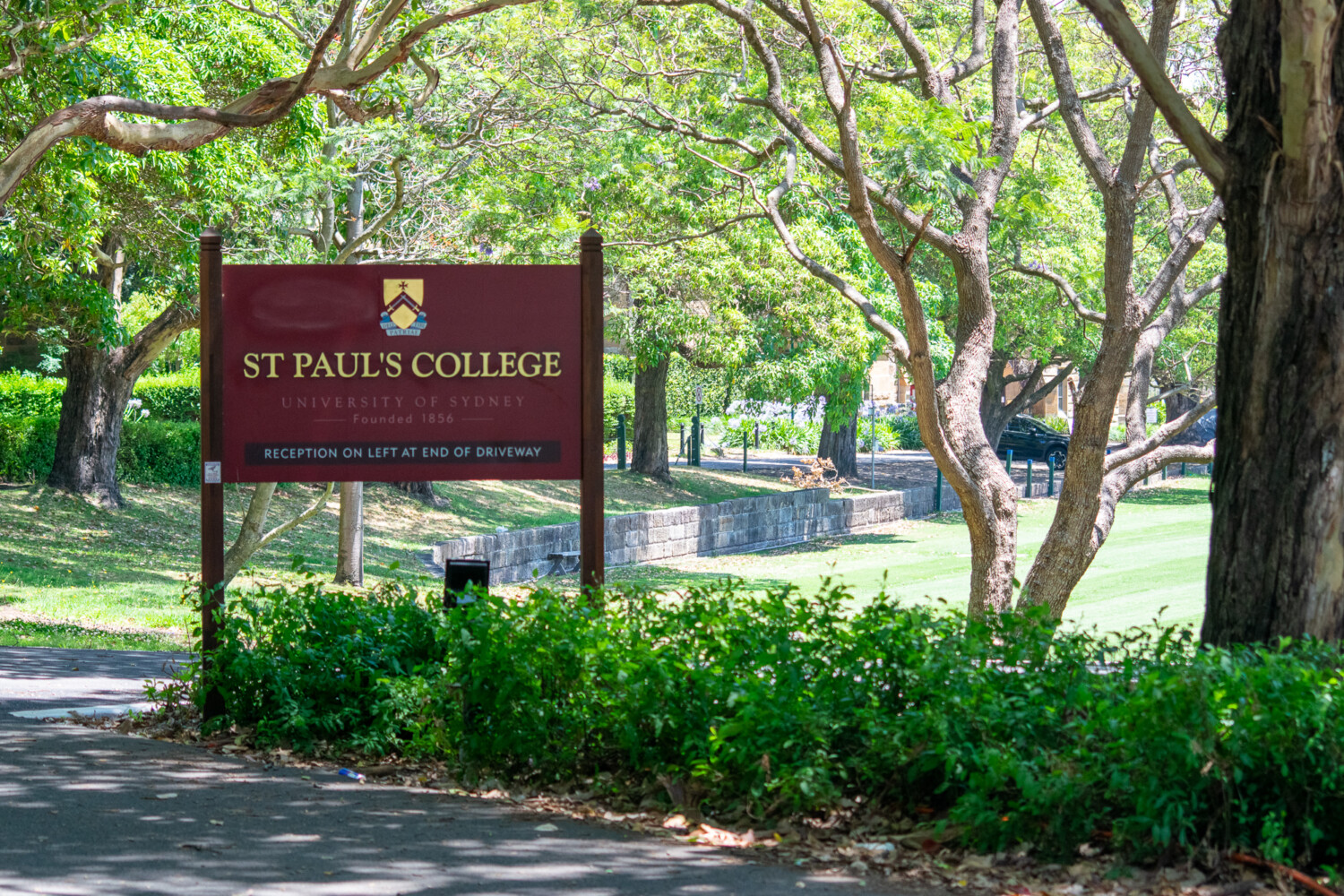
Experience life as a University of Sydney undergraduate
St. Paul’s College offers a wide range of modern and heritage facilities located in the heart of the University of Sydney.
St Paul’s was the first university college in Australia. Alumni include two former Prime Ministers, three High Court judges, Supreme Court judges and 29 Rhodes Scholars, as well as influential figures in business, the law, science and the arts.
The college offers comfortable accommodation used by Sydney undergraduates during term-time, allowing for an authentic educational experience that blends immersive study with our exceptional social and cultural programme.
The college is perfectly situated to explore Sydney’s iconic landmarks including Sydney Harbour Bridge, the Sydney Opera House, Royal Botanic Garden and the Australian Museum.
Pastoral care and safety

An accredited provider of academic short courses
Immerse Education is accredited by the British Accreditation Council (BAC), the leading mark of educational quality for the academic sector. Our accreditation with the BAC sends a positive and clear message to students and partners that they are studying with a trusted and reliable provider who has met a series of globally recognised quality assurance standards, both in terms of academic provision and student welfare.
The safety and well-being of our participants is our number one priority, and all staff undergo enhanced background checks and receive thorough safeguarding training before interacting with any students.
For more information, please visit our Pastoral Information page.
Immerse's mentors and
college managers in Australia
-
PoppyMentor
-
SophieMentor
-
JemMentor
Immerse™ Veterinary Studies Sample Modules
-
Module 1 - Life and Evolution
Biology is an immensely diverse science. Evolution is the unifying concept that runs through the life sciences, from the origin and diversification of life to understanding behaviour, to dealing with disease. Evolution through natural selection is the framework in biology in which specific details make sense. This session will explore how new species continue to arise while others go extinct and discuss the role of mutations as the raw material on which selection acts. By the end, you will have developed the ability to examine novel biological systems and understand the complex processes that have shaped those systems. -
Module 2 - Animal structure and function
Animals kept for food and companionship, are diverse and beautifully complex. In this session, students will develop an understanding of the structure and function of domestic animals with an emphasis on the systems relevant to animal scientists. The session includes learning about the anatomy and physiology of domestic animals' cells, basic tissue structure, and an overview of homeostatic control systems. An understanding of the normal functioning of these systems allows the identification of how these systems can be influenced by animal management and the animals' environment. -
Module 3 - Animal management
This session will provide the foundation for a career involving animals with an emphasis on livestock (cattle, sheep, pigs, fish/aquaculture, and poultry), horses, and wildlife. A focus on a clear understanding of animal production systems and the global environment is developed through tutorials and hands-on in-field practicals. We will learn about indigenous animal management, animal husbandry, animal health and welfare, and genetics. -
Module 4 - Animal Energetics and Homeostasis
Effective metabolic function is critical for animal health and well-being. Based on case study work, students will compare and contrast the structure and function of the hepatobiliary, endocrine and urinary systems of different species, leading to explaining the processes. This session will increase students' knowledge of the metabolic processes of cells, tissues, and whole animals by examining the structure. We will apply knowledge of animal nutrition and function to determine the underlying basis of metabolic disease and disorders and how to alleviate the dysfunction. -
Module 5 - Genetics and genomics
The era of genomics has revolutionised our approach to biology. Recent breakthroughs in genetics and genomic technologies have led to improvements in human and animal health, in breeding, and in the curation and care of wild species and complex ecosystems. Students will investigate and describe ways modern biology uses genetics and genomics to study life, from the unicellular through to complex multicellular organisms and their interactions in communities and ecosystems. -
Module 6 - Veterinary pathogenesis
Veterinary pathogenesis is a wide branch of veterinary science that focus on the concept of the interaction between the host (or the animal), the agent of disease (genetics, physical, chemical, and infectious agents), and environmental factors. In disease states, the host responds to the aetiological agent of disease and the environment through one of the basic five pathological processes that occur in tissues. A case-based approach will be used to illustrate these principles and enable the student to develop a problem-solving approach and skills in critical thinking. -
Module 7 - Animal nutrition
One of the greatest limiting factors to the health and well-being of animals under our care is the nutritional value of their feed. Whether provided by nature or manufactured to meet the production and health needs of farmed animals, being able to provide suitable nutrition to animals in our care is fundamental to good animal health management. We will build up our knowledge of animal nutrition by assessments of nutritional adequacy and solving nutritional problems. You will develop the skills to create diets based on sound science, to meet animal requirements for a variety of purposes and under a variety of constraints. Students will also identify deficiencies, excesses, and imbalances in diets minimising disease risk. -
Module 8 - Animal health, welfare and disease
Animals play a significant role in the lives of people and communities, this includes food, production, and pets for companionship. This session integrates the areas of animal biology and ecology with that of veterinary science. You will learn about the science that underpins the biology of animal health and disease including physiology, molecular biology, infectious agents and animal welfare. An emphasis will be on the prevention, treatment and understanding of disease in production and companion animals and wildlife. -
Module 9 - The nervous system
This session will delve deeper into the study of organ function and dysfunction in animals. We will introduce the normal structure and function of the nervous, ocular and auditory systems, and the ability to identify the dysfunction of these systems. Pharmacology and therapeutics will relate to this session. We will apply our knowledge to case-based learning, enhancing the development of clinical reasoning abilities and analysing cases involving multiple organ perturbations.
Request syllabus overview
Request syllabus overview
-
Pre-enrolment for 2025


